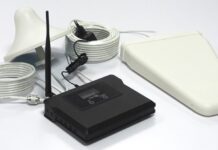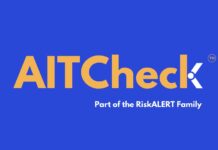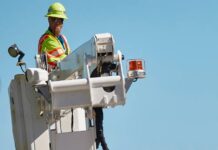Infovista, the global leader in network lifecycle automation, has announced a collaborative effort with BT on a proof of concept aimed at developing a new automated Root-Cause Analysis (RCA) use case for its fixed voice services. The use case, which will be showcased for the first time at TM Forum’s DTW23, demonstrates how CSPs such as BT can realize substantial operational efficiencies. Infovista predicts that the technology will be able to reduce resolution times for CSPs by more than two-thirds allowing for enhanced customer satisfaction.
The aim of this use case is to expedite response times by swiftly identifying the root-cause of customer or service disruptions, thus reducing Mean Time to Resolution (MTTR). This is achieved through an automated workflow for issue detection, analysis, and alarm generation within BT’s trouble-ticketing system. The alarms are enriched with pertinent data, not only streamlining troubleshooting of network, service, and subscriber issues but also trimming operational costs by eliminating the need for initial level 1 support and fast-tracking direct escalation to the appropriate level 2 teams where necessary. This shifts operations from manual to automated, KPI- and SLA-driven, ensuring the maintenance of service and business objectives.
“CSPs are under pressure to constantly improve the quality of experience they provide, while simultaneously reducing operational costs. This requires them to transform their operations to become intent- and business-driven, using automation for business-critical processes such as customer impact analysis so that they can quickly and accurately prioritize issues and streamline their assignment to the relevant ops team,” said Franco Messori, Chief Product & Transformation Officer, Infovista. “This use case shows how automating daily tasks can help CSPs such as BT both drive operational efficiency and improve customer experience and satisfaction. We’re excited to be collaborating with BT on this use case and showing how our Ativa™ Suite is the engine for driving automated assurance and operations.”
“BT is committed to developing and delivering next-generation services that continue to put our customers at the core of what we do and to deliver better outcomes. This means digitally transforming our own operations and using the power of automation across our network, infrastructure, services and operations,” said Reza Rahnama, MD for Mobile Networks, BT Group. “Working with the team at Infovista, this use case demonstrates how automating routine tasks and processes delivers for both the business and our customers, and we’re delighted to be alongside them showcasing it to the industry at DTW23.”
Pre-configured automation workflows, such as RCA, customer impact analysis, alarm and trouble-ticket lifecycle management, remediation and validation, are all powered by Infovista’s assurance solution, the Ativa™ Suite. In the case of BT, Infovista has leveraged the existing Ativa for Fixed Voice assurance solution to focus on the automation of RCA and notification, improving troubleshooting through intelligent pattern discovery, correlation, analysis and alarm generation.
When Ativa detects an anomaly associated with a specific degradation within BT’s network, it promptly raises a threshold crossed alert that triggers an automated workflow. This workflow is meticulously designed to carry out a comprehensive investigation, encompassing multi-KPI checking, RCA, and contextual trace capture. Leveraging the TMF-642 Alarm Management API, the workflow then generates an alarm within BT’s ecosystem, enriched with all pertinent findings for streamlined troubleshooting and efficient resolution.




















